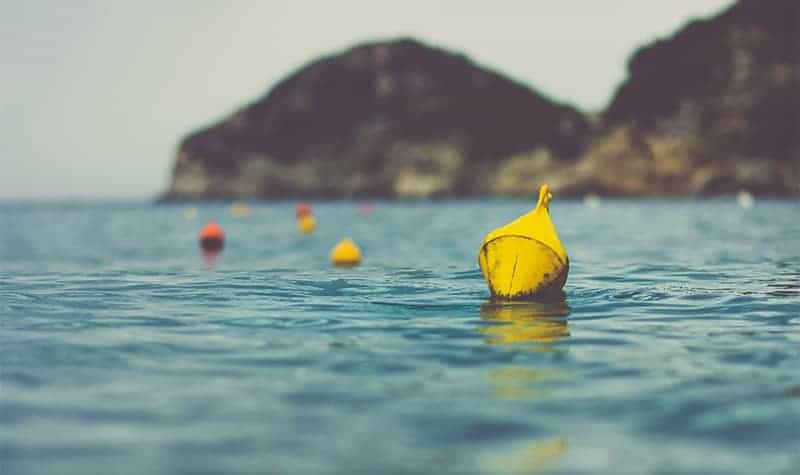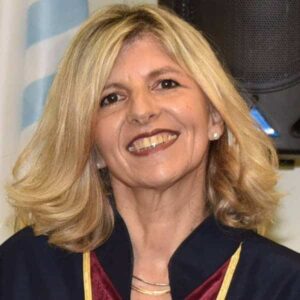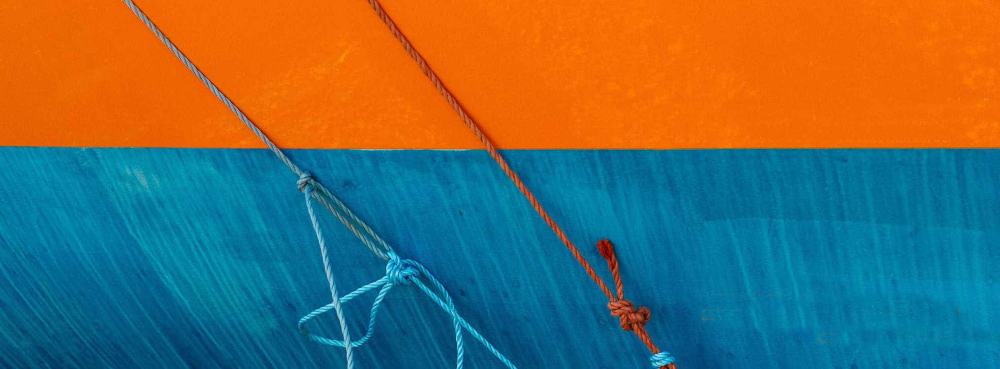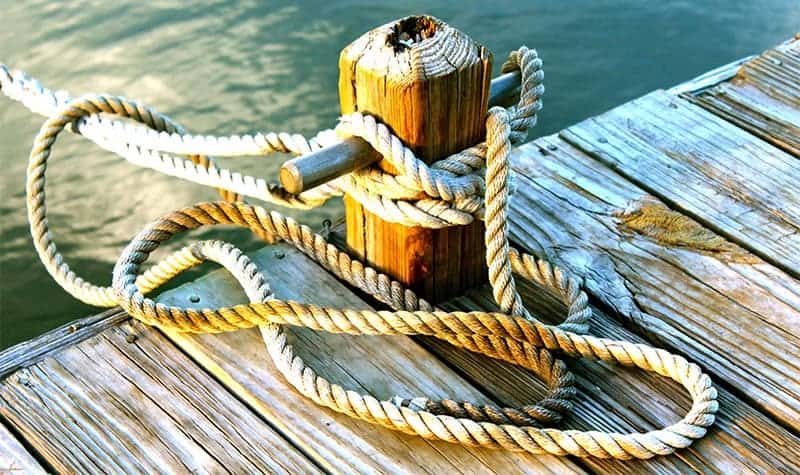Study in Greece Masters of the Week: Professor Fani Sakellariadou presents the MSc in Sustainability and Quality in Marine Industry at the University of Piraeus
The web portal Study in Greece is campaigning for the promotion and international visibility of Greek Universities and the comparative educational advantages of our country. In particular, the campaign focuses on the foreign language study programs that Greek Universities offer to Greek and international students. The initiative is supported by the General Secretariat of Higher Education of the Ministry of Education and Religious Affairs and the General Secretariat for Greeks Abroad and Public Diplomacy of the Ministry for Foreign Affairs. In this context, a number of educational programs and actions are presented in detail on a regular basis, such as undergraduate and postgraduate programs, summer schools, etc, to inform international students about the many foreign language options offered by Greek Universities.

Study in Greece interviewed Professor Fani Sakellariadou, of the Department of Maritime Studies at the University of Piraeus, on the MSc in Sustainability and Quality in Marine Industry offered by the university, on the program’s content and what it has to offer to international students.
 Fani Sakellariadou is Professor in Geochemical Oceanography at the Department of Maritime Studies of the University of Piraeus. She is Director of the Oceanography and Marine Geochemistry Laboratory of the Department, as well as Director of the MSc “Sustainability and Quality in Marine Industry”. She is also a Titular Member and Project Coordinator at Division VI, Chemistry and the Environment of the International Union of Pure and Applied Chemistry, member of the International Council of Scientific Unions. Her main research interests include geochemical studies in marine sediments, pollutant studies in harbour sediments, the sustainable development/management of the coastal zone and the environmental impacts of shipping.
Fani Sakellariadou is Professor in Geochemical Oceanography at the Department of Maritime Studies of the University of Piraeus. She is Director of the Oceanography and Marine Geochemistry Laboratory of the Department, as well as Director of the MSc “Sustainability and Quality in Marine Industry”. She is also a Titular Member and Project Coordinator at Division VI, Chemistry and the Environment of the International Union of Pure and Applied Chemistry, member of the International Council of Scientific Unions. Her main research interests include geochemical studies in marine sediments, pollutant studies in harbour sediments, the sustainable development/management of the coastal zone and the environmental impacts of shipping.
Could you please describe briefly the spirit, the content and the basic rationales of the Master’s Programme in Sustainability and Quality in Marine Industry?
The MSc Programme in Sustainability and Quality in Marine Industry encompasses the spirit of engaging as individuals and collectively towards the improvement of life on earth.
It offers the post-graduate educational specialisation necessary for meeting the challenge of providing scientific expertise in the field of marine resources utilisation for the benefit of present and future generations. Its content addresses the sustainable management of a wide range of interlinked established and emerging marine industrial sectors that ultimately comprise the Blue Economy, from shipping, coastal tourism and fishing to ocean mining, energy systems and biotechnology. Furthermore, it is important to mention that Shipping and Blue Growth are offered as the main specialisations of the course.
It also offers certified training in the field of management systems by internationally accredited training agencies, which gives to its graduates a unique and competitive advantage.
This course is a fundamental driving force towards fulfilling the unfolding commitments at a global and European scale for the sustainable growth of all economic activities related to oceans, seas and coasts.

Given the fact that your programme is taught completely in English, which are the educational and professional opportunities offered to foreign students?
On completion of this course, foreign students will be well equipped with the necessary knowledge and tools to confidently embark on an academic or professional career related to the global issue of a sustainable blue economy anywhere in the world.
It is indisputable that Greece is a dominant force in global shipping, so is this an incentive for international students to choose our country for their studies in this field?
Taking into account that shipping constitutes one of the most developed marine sectors and Greek shipping has a dominant presence around the world, it is apparent that this MSc course together with its shipping specialisation should be particularly attractive to foreign students.
Which has been the output so far? Is it satisfactory?
The Master’s Programme in Sustainability and Quality in Marine Industry creates new jobs profiles and more chances for blue jobs’ opportunities.
Could we argue that Greece’s strategic geopolitical position constitutes a comparative advantage that can boost the sector of marine studies in our country?
The issues associated with the sustainable utilisation of marine resources within the eastern Mediterranean are particularly significant from a geopolitical point of view and Greece plays a major role in shaping the future of the marine industry in this region. Therefore, marine studies in Greece can become very attractive, as they can draw on the accumulated knowledge and experience on these issues.

Tell us a few things about the University of Piraeus – its history, its departments, its facilities and its efforts to highlight its scientific and research work. How does the university contribute to the development of the local economy?
The University of Piraeus was founded in 1938 under the title “School for Industrial Studies” by the Industrialists and Tradesmen Association. It was renamed several times through the years, until 1989 when finally was renamed to University of Piraeus. Today the University runs ten departments in four greater fields of study: a) Economics, Business and International Studies, b) Maritime and Industrial Studies, c) Finance and Statistics and d) Information and Communication Technologies, awarding degrees and doctorates in the corresponding scientific fields. Moreover, University of Piraeus offers a variety of postgraduate programmes (MSc and MBA).
The University of Piraeus Research Centre (UPRC) was established in 1983 and it is a non-profit research organisation. UPRC aims at providing the institutional framework which would facilitate and support the research activities that are carried out by Faculty members, in the general fields of economics, management and computing, emphasising on the study of the Greek economy and society. The UPRC has so far fulfilled more than 1.000 research programmes, as well as numerous education programmes, conferences and executive seminars funded by the European Union, the General Secretariat of Research and Technology, Ministries, banks, organisations of the civil sector, companies, non-profit and non-governmental organisations.
The University of Piraeus and its Research Centre’s vision is to formulate a solid cooperative approach with the city of Piraeus. Their research output is characterised by scientific excellence and a wide range of applications, aiming at a particular impact on the local economic and business structure of the greater Piraeus area, as well as the society in general.

